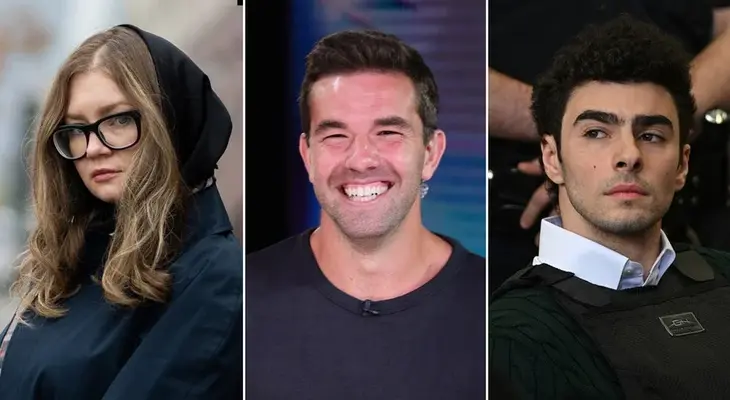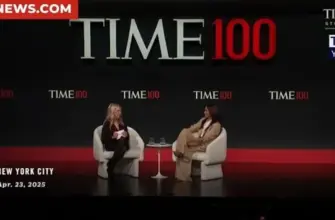## Social Media Fuels Cult of Personality Around Scammers, Former Fyre Festival Designer Says
The rise of social media has created a troubling phenomenon: the elevation of con artists and criminals to iconic status. This is according to Oren Aks, former social media designer for the infamous Fyre Festival, who spoke with Fox News Digital amidst the recent postponement of “Fyre Festival 2.”
Aks pointed to figures like Billy McFarland (Fyre Festival creator), Anna Delvey Sorokin, and Luigi Mangione – a suspect in the murder of UnitedHealthcare CEO Richard Hines – as prime examples of individuals who have garnered widespread attention and even admiration despite their questionable actions.
“We look at them like they’re iconic, like, ‘Oh what’s she wearing to court?’ And … at a certain point, you’re just more obsessed with them as this narrative that you’ve built rather than who they actually are. If you met Billy, you wouldn’t be impressed,” Aks stated.
He observed a shift in societal values, particularly within the United States, where stories of legitimate success and hard work often take a backseat to narratives of spectacular failure and alleged ingenuity among those seeking financial gain. “It used to be … this inspirational route you would take in your career to kind of move up a ladder or earn a living and buy a house or something. Now, we vilify those people, and we glorify the bad, the scammy, the evil, and we look at those people as heroes.”
According to Aks, this fascination is driven by a cultural narrative that equates large-scale failure with potential for eventual triumph.
- “America has built up the idea ‘that you have to fail big to win big, or you have try big to succeed.’”
He believes this creates an endless cycle of sensationalism and intrigue online. “It’s what fuels the internet,” he explained. “That’s why people care about this Luigi Mangione guy. In what universe are we living in that this is a relevant story to glorify these people as the image of success?”
Aks, who worked on Fyre Festival’s graphic design and social media strategy in 2017, initially embraced the project due to his passion for music festivals. However, he recalled glaring warning signs leading up to the disastrous 2017 event, including bounced credit card payments and a lack of communication with logistical partners.
The moment of realization arrived upon descending into the festival grounds. “When we arrived… seeing the tents and the actual media center stage area and … nothing was there,” Aks recounted. “In my brain, the logistics didn’t work out, but I just assumed that’s just not my territory. But then I saw the FEMA or the U.N.-style tents, and that was the moment it all hit.”
The initial failure of Fyre Festival went viral thanks to documentaries on Hulu and Netflix, further amplifying the story and cementing its place in internet infamy. McFarland ultimately reached a settlement with hundreds of ticket holders, agreeing to pay out significant compensation.
Now, facing renewed scrutiny and with “Fyre Festival 2” postponed, McFarland has announced he is selling the Fyre brand. In an Instagram post, he stated:
“We have decided the best way to accomplish our goals is to sell the FYRE Festival brand…to an operator that can fully realize its vision.”
McFarland expressed his belief that the brand “deserves a team with the scale, experience, and infrastructure to realize its full potential.”


